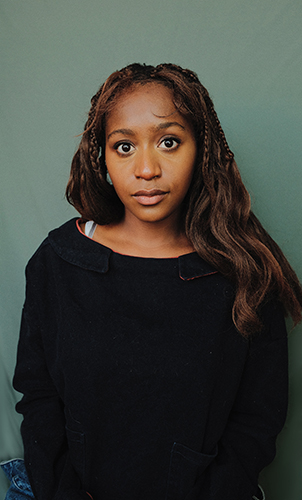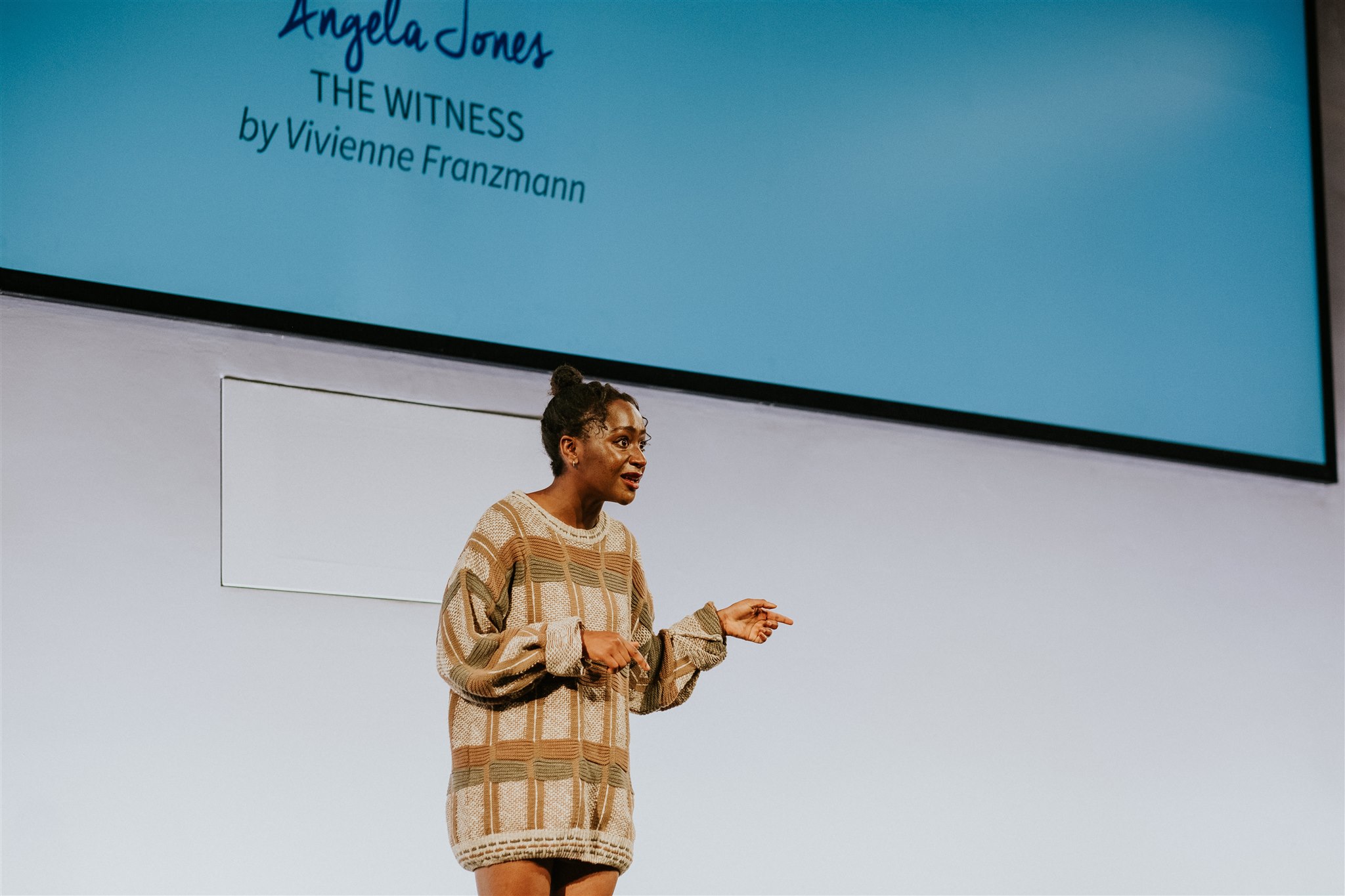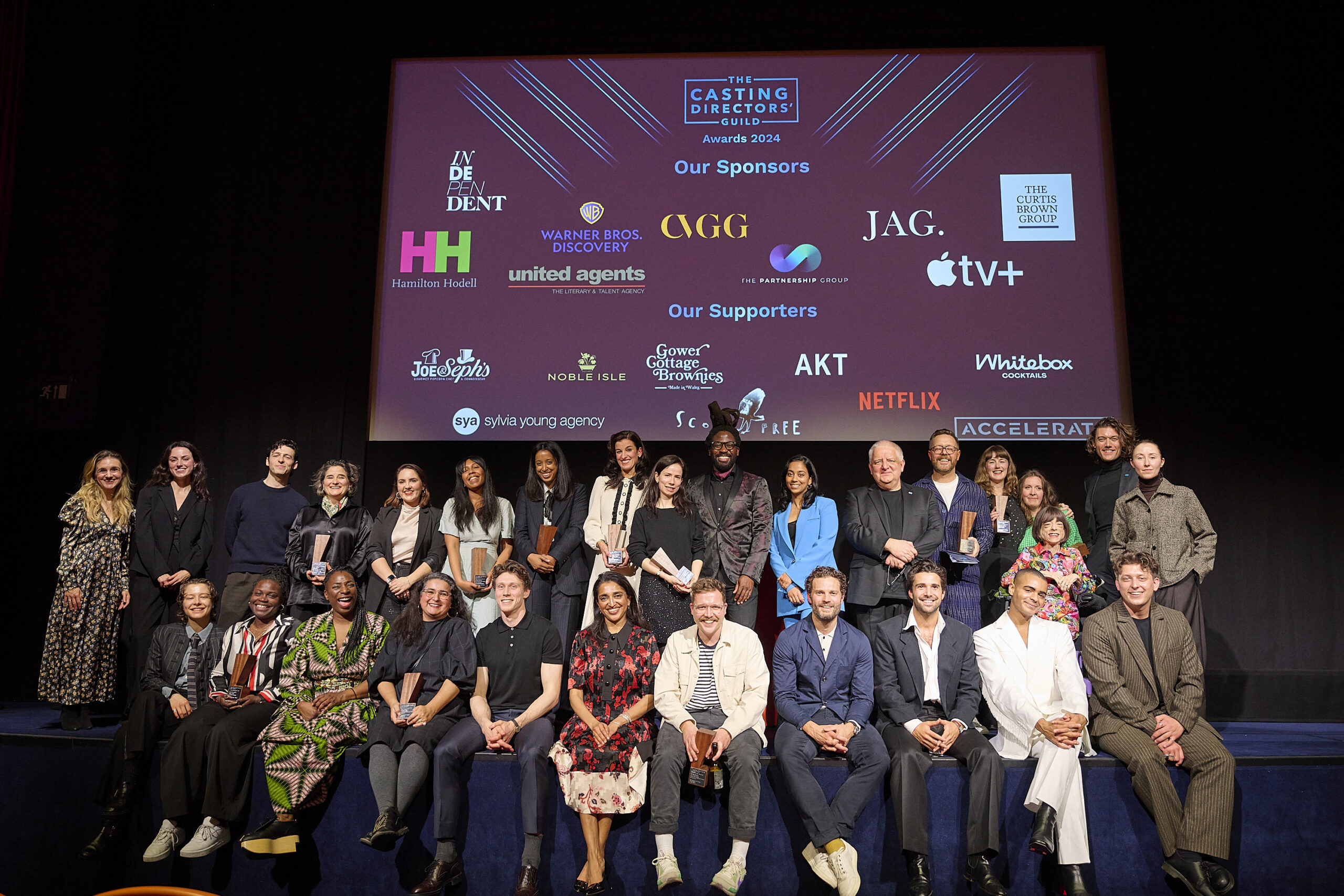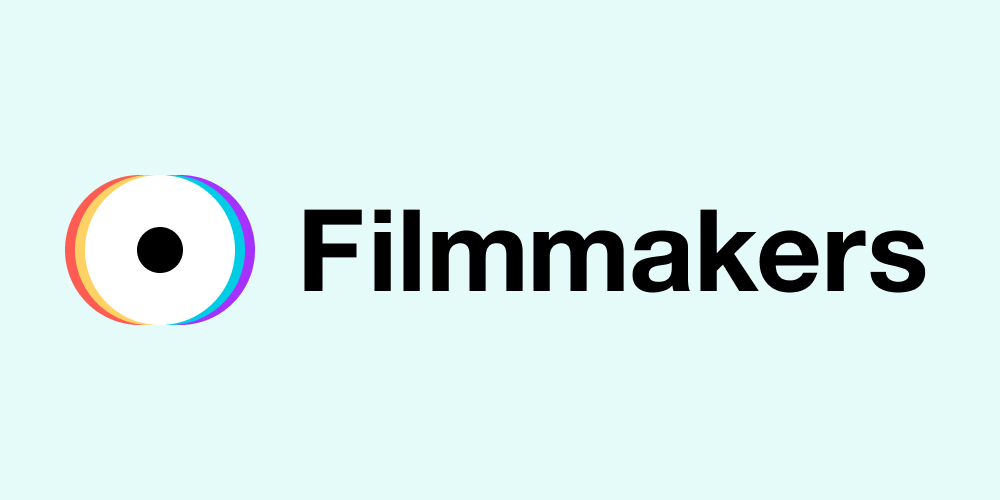Best Stage Performance winner Angela Jones on life after drama school and her Spotlight Prize experience.
Before graduating in 2022, Angela was nominated by her drama school, the London Academy of Dramatic Art (LAMDA), for the Spotlight Prize, and went on to win for Best Stage Performance. Since then, she’s gained agency representation, worked in a number of theatre and screen productions and recently starred as the titular character in Jekyll and Hyde at the National Theatre.
We got the chance to speak to Angela about her Spotlight Prize experience and the hurdles she’s faced having her passport rejected, preventing her from leaving the country to work. Here’s what she shared:
Hi Angela! When did you first decide acting was the career for you?
Growing up, my favourite movie was A Little Princess – it probably still is! The whole premise of imagining life in another way made me really intrigued by acting.
I was a really shy kid growing up, and I’d never acted before, but in year three, a theatre company came to my school in Peterborough and offered places in their summer school for those from low-income households.
Going to that summer school gave me that magical feeling of make-believe, of doing something else and being something else and it really helped me come out of my shell. Since then, I’ve loved acting.
Did you face any unexpected challenges after graduating from drama school?
I did the Spotlight Prize straight out of drama school, which was an amazing opportunity. Soon after that, I booked my first couple of roles. I was lucky to have a really nice transition from doing shows at drama school to then being able to work professionally.
There were so many things that I didn’t know – really boring practical stuff like getting your tax returns done. I had more worries before I graduated about what it was going to be like because you don’t know when you’re going to book your first role. It’s not like other professions where you get a degree in something and there are certain jobs you know you can apply for.
It’s scary, but I’m supported by a lot of friends who make their own work. I’m also part of a theatre company, so there are always things that I can do to keep myself in the creative loop.
What advice would you give to drama school graduates who aren’t sure what to do next?
The main thing is not to compare yourself. I feel a lot of the time when you ask actors how they are, they’re always thinking about what they’re doing. There’s a reluctance to meet up with friends until you have something to show for your time out of drama school, but you have to remember that everyone is on a completely different schedule.
You should treat auditions as if you’ve already got the role and that’s the opportunity to play that role for a bit. It can be quite stressful and overwhelming if you haven’t had something for a while and as a result, for each audition that comes through, you feel immense pressure to get the role. It feels like you have to do the best you can possibly do so that you can prove something. Remember that you have nothing to prove.
Tell us about your Spotlight Prize experience.
As I was finishing drama school, I wasn’t completely sure of myself and I was really worried about the future. The Spotlight Prize brought back the fun of performing – everyone was so lovely and our directors were wonderful.
When I did my performance, I was really focused on why I wanted to say what I was saying in the piece I’d chosen. That got rid of the nerves because I had purpose behind what I was saying. Meeting the casting directors and agents afterwards was the most nerve-wracking part of the day, but it was a great experience.
Has winning the Spotlight Prize impacted your career at all?
It has! I didn’t initially realise how good of an experience and opportunity it truly was. Going for auditions since then, people say, “Oh, I remember you from the Spotlight Prize.” It gave me so much exposure to so many people at one time, and luckily, I was proud of the work I did on that day, so I felt they saw a good representation of me.
It really has allowed me to get my foot in the door. It has given me more confidence, and more than anything; it brought back why I wanted to act and tell stories and put the focus on connecting with people and other actors.

Image credit: Hunters Head
You’ve faced some issues recently with obtaining a passport. How has this affected your career?
If I hadn’t faced these issues, I would be auditioning for things overseas, so it has definitely affected my career. That’s the reason I applied for my first passport in the first place. Growing up, there wasn’t a lot of disposable income, so my family didn’t go on holidays abroad and there was no need for a passport. I applied for a passport with my brother and when it got rejected, it just closed so many doors for me. I’d get auditions for things filming overseas that I couldn’t go for and I had no sense of how I was going to open those doors again, which was so frustrating.
I still don’t have a passport, and I’m at a loss for what to do. There are so many things going on in the world right now and within our own government, it just feels really chaotic to even know where to begin. I’ve tried so many routes to get it sorted.
My brother and I are a year apart, and we have the same circumstances, but he was granted a passport and I wasn’t. According to the law, even though my dad was British because I was born before my parents were married, I can’t take on my dad’s citizenship because you can only take on your mother’s. That law changed in 2006, whereas before you could take on any parent’s citizenship.
It’s just a very silly bureaucratic rule. It’s a massive gap for people like me who are born here, have never left the country and who had a British parent and yet still don’t quite qualify for citizenship for this country or for any other country. It’s frustrating because it only makes sense to be granted a passport; hence, that’s why I applied and my brother got one. The fact it’s down to one person to dictate whether or not you’re British massively changes your life – it’s wild to me. I’m still hopeful I will eventually get it sorted. It’s just been a frustrating process.
How do you deal with nerves?
I think everyone has that feeling of if I can’t do anything else, at least I can do this, so I find meditation really helpful. I can be quite hard on myself, so just letting myself off the hook and knowing that you’re allowed to learn and grow and you’re allowed to make mistakes [helps].
Obviously, you strive in every performance you do, but there are going to be times when things get in the way. Having kindness with yourself, you understand a couple of things: nerves are good because they show that you care and you’re trying your best, so allow yourself the room to figure things out and make mistakes.
What do you do between roles to keep yourself busy?
I’m a musician and an actor, and I like to write my own things. Even though it doesn’t feel like it at the time, time off can be a blessing because you find creativity in other spaces.
In the last few weeks, I interned at a casting office, which I did between jobs. I just emailed the casting director I’d previously auditioned with and said I wanted to learn a little bit more about the casting process. It was so insightful and I really enjoyed it. I worried I’d see roles come in and want to audition for them, but you really just wish the best for everyone auditioning because you know exactly how it feels. I even got the chance to suggest my friends for roles which was really cool. I got the excitement of finding the perfect person for a role, putting a cast together, or getting a script through.
It was a really enjoyable experience and it took the pressure off me for a little bit because [casting directors] really are on your side. You still feel nervous but seeing it first-hand has put me more at ease.
What changes would you like to see in the industry?
I really love seeing new writing from diverse voices. I have a few writer friends doing amazing work, and I’d like to see a platform for people with all sorts of different backgrounds in the mainstream media.
In a recent performance, we had Just Stop Oil come in to do a talk after the show. I think it’s very important for us to see the repercussions of our actions, but it’s also really important to see the world as we wish it would be to give us hope. Work like that really excites me.
What would be your dream role?
It would be Doctor Who. When I was younger, I already had my backstory [ready] if I were a companion, who I would be and how I would meet the ‘Doctor’. I would either be a florist or work in a record store.
A big thank you to Angela for talking to us about their experience and advice!
Take a look at our website for more graduate tips and advice or to find out more about the Spotlight Prize












